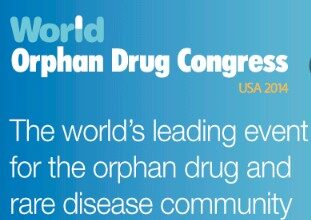One of the reasons my blogging has fallen off lately is because I hate sounding like a broken record. Yet here I am again calling this time the New York Times Well blog on its reporting of, yes, you guessed it, another cancer study.
One of the reasons my blogging has fallen off lately is because I hate sounding like a broken record. Yet here I am again calling this time the New York Times Well blog on its reporting of, yes, you guessed it, another cancer study.
The story this time is about a paper coming out of the humongous Women’s Health Initiative study that examines the relationship between aspirin and melanoma development, hypothesizing that aspirin may help prevent this skin cancer. The paper was published in the journal Cancer and is, of course, behind a paywall. And the abstract, as always, tells me very little.
So I did a little guessing and left this comment on the blog:
So, an absolute risk reduction would have been a much more helpful number to cite, and because the full paper is behind a paywall I cannot get that number. But I can do a little educated estimating:
There were 548 incident melanomas among 59,806 women, amounting to a 0.9% risk of developing this cancer over 12 years. Let’s just call it 1%, shall we? Understanding that this 1% is a hybrid of the risk with and the risk without aspirin, the baseline risk must be a little bit higher. Let’s give aspirin a huge break and assign the risk without it to the entire group — let’s call it 1.25% over 12 years. Reducing this 1.25% risk by 21% relatively give us roughly 1% risk of melanoma in 12 years in this age group. So, really we are going from 1.25% to 1% risk by using aspirin. This means that 400 women need to take aspirin regularly to avoid 1 case of melanoma (if we believe that this relationship is causal). Mind you, we are not talking about death from melanoma, but just a diagnosis of melanoma. And let’s remember that early melanomas are just excised without further treatment.
Now, among these 400 women daily aspirin can be expected to cause roughly 1 major bleeding event per year. So, over 12 years there would be up to 12 major bleeds. All to save 1 person from a melanoma diagnosis. Why not report the full story?
We’ll see if it gets accepted. And by the way the aspirin and bleeding numbers came from a recent large study published in JAMA and covered here at Forbes.







